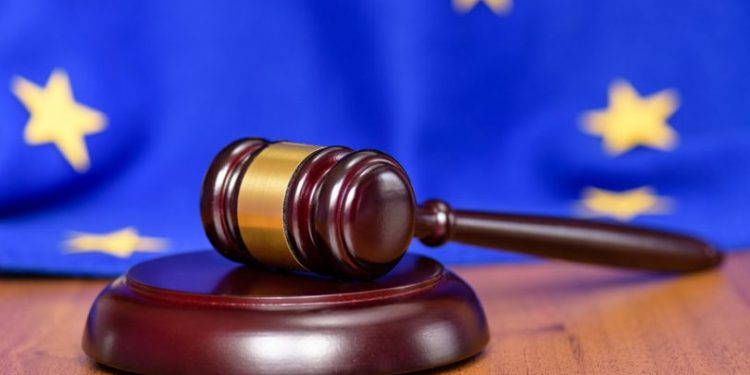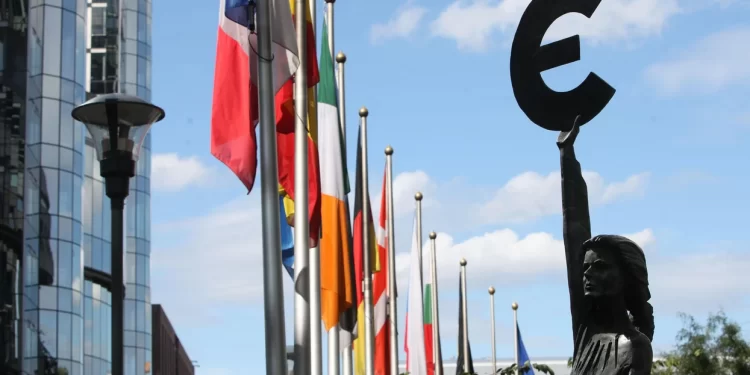Advertisement
The results of the vote from the European Union (EU) on the draft regulatory framework Markets in Crypto-Assets (MiCA) are currently the topic of primary interest to cryptocurrency investors. This includes restricting cryptocurrencies from using the Proof of Work (PoW) consensus mechanism used by the Bitcoin network, Ethereum because it consumes a lot of energy during operation.

EU's MiCa bill: "electronic assets subject to environmental sustainability standards" or threatened with "death"
At the end of February 2022, the EU also released a draft in which it proposed banning PoW-based cryptocurrency services. Fortunately, it was removed due to a lot of backlash. However, once again this view was taken into consideration and decided by the March 14 vote at the European Parliament Committee on the Cryptocurrency Assets Market (MiCA).
1/8 Bad news for #bitcoin & #cryptocurrency in the EU 🚨
The POW-ban has basically made its way back into the draft of the European Parliament that will be voted on in the committee on Monday.
I just read the latest draft. A quick update 👇@balajis @_pgauthier @BrianBrooksUS
— Patrick Hansen (@paddi_hansen) March 12, 2022
"Issues surrounding asset production and cryptocurrency operations must be subject to minimum environmental sustainability standards, in relation to their consensus mechanisms in the process of validating transactions before being issued, offered or accepted in the EU."
It is more likely that coin operators will be required to submit a implementation plan detailing how they will comply with environmental sustainability. However, because bitcoin (BTC) is decentralized by nature, coming up with a detailed implementation plan is a difficult problem for miners. Failure to meet eu demands could threaten the existence of Bitcoin Mining operations globally, leading to a ban on trading in the European Union.
Bitcoin: Statistics on consumption during operation
According to a Frankfurt School report last November, as of August 2021, the annual Bitcoin network needs 90.86 hours of Terawatt (Tw/H) of energy, equivalent to about 0.05% of total global consumption. The network is also responsible for about 0.08% of total global carbon emissions.
The EU will have to plan to regulate the issues of electricity consumption and carbon emissions of Bitcoin mining.
At the risk of banning mining, French MP Pierre Person warned that such a ban would push young talent and innovative creativity away from the region. In a tweet on March 12, Pierre Person argued that by banning Bitcoin and Ethereum (ETH), while "complicating the use of NFT and DeFi, the European Parliament is placing great risks on our financial and monetary sovereignty" if the

bill passes, Ethereum will definitely have to find its own way. It is projected to complete "The Merge" this year, which helps the network transition to the Proof Of Stake (PoS) consensus mechanism and will not require physical miners – which consume energy – to reach the network's consensus. This could be the beginning of a more serious ramifications for Bitcoin miners.
















